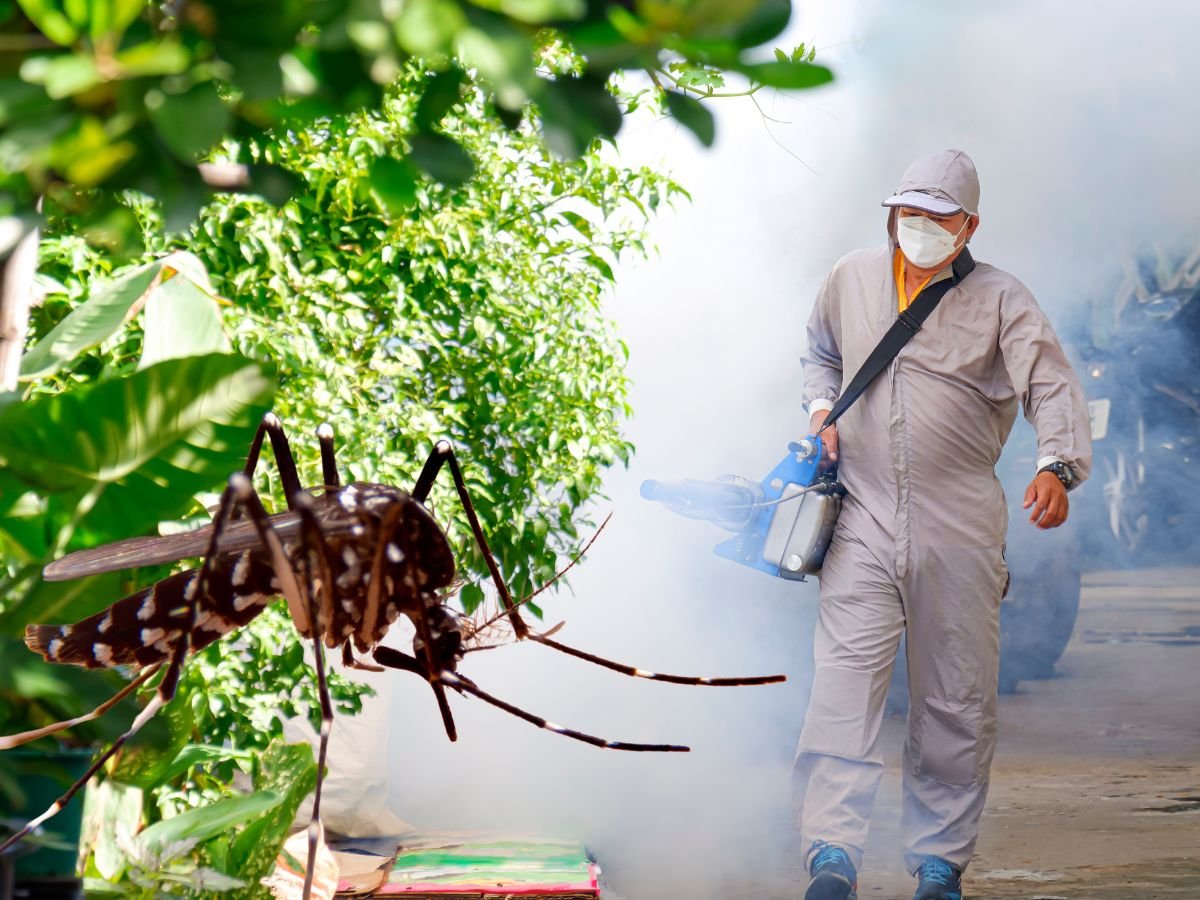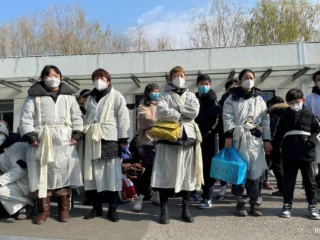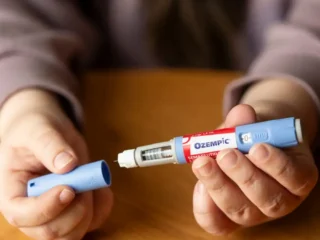New Delhi, 07 July 2025: Andhra Pradesh is embracing cutting‑edge technology to combat the perennial mosquito menace, unveiling the Smart Mosquito Surveillance System (SMoSS), an AI‑driven initiative that integrates Internet of Things (IoT) sensors, drones, heat‑maps, and real‑time dashboards to tackle diseases like dengue, malaria, and chikungunya with precision and speed. This landmark pilot, led by the Municipal Administration and Urban Development Department, will deploy smart sensors capable of identifying mosquito species, gender, and density across 66 high‑risk zones spanning six municipal corporations—including Visakhapatnam, Vijayawada, Nellore, Kurnool, Rajamahendravaram, and Kakinada. These sensors continuously feed environmental data such as temperature and humidity to a centralized platform that automatically alerts civic teams as soon as mosquito levels exceed safe thresholds, moving beyond traditional blanket spraying to a targeted, data‑driven model of vector control.
Precision Surveillance with Smart Sensors
The IoT sensors under SMoSS will revolutionize surveillance by detecting not just mosquito density but also species and gender, generating granular heat‑maps to pinpoint emerging hotspots. This allows for strategic intervention in specific localities rather than resource‑intensive, indiscriminate fogging. Authorities believe this method will enhance efficiency, reduce chemical usage, and alleviate the workload of municipal health staff by replacing manual over‑spraying with focused treatment based on real‑time intelligence.
Drones Deliver Larvicides Efficiently
Complementing ground‑based monitoring, the program incorporates drones to spray larvicides over breeding sites. These aerial units can access difficult terrain and cover extensive water bodies more comprehensively than manual spraying methods. Previous pilot projects showed that drones could treat vast areas in a fraction of the time it takes ground teams, achieving broader coverage with fewer chemicals and lower labor costs than conventional methods.
Outcome‑Linked Outsourcing and App Integration
The initiative emphasizes accountability by outsourcing technical operations to specialized agencies on performance‑linked contracts. Monitoring is strengthened through public reporting tools like mobile apps that enable residents and municipal workers to log complaints and track response times. Meanwhile, hospitals are mandated to submit daily data on dengue, malaria, and chikungunya cases, enabling dynamic adjustment of spraying and fogging efforts in hotspot areas.
Towards a Smarter Public Health System
SMoSS embodies a shift from reactive, manual approaches to proactive, algorithm‑driven public health. Sensors, drones, and analytics together streamline detection and intervention, ensure judicious use of larvicides, and curtail disease outbreaks through early containment. Authorities highlight that this initiative reduces burden on civic staff and strengthens municipal accountability, promising better health outcomes at reduced operational cost.
Statewide Rollout to Six Major Corporations
This time‑bound pilot starts in six municipal corporations—16 sensor sites in Greater Visakhapatnam, 28 in Vijayawada, and the remaining sites across Kakinada, Rajamahendravaram, Nellore, and Kurnool. Officials will evaluate the pilot’s effectiveness in reducing vector density and viral incidence before extending to other regions. Success in these cities could pave the way for a state‑wide, AI‑powered vector surveillance paradigm.
The Next Frontier: Governance Through Technology
The initiative is a core component of Andhra Pradesh’s broader vision to incorporate AI and drone applications in governance—from public health and sanitation to surveillance and logistics. The state’s ongoing tech policies and drone development goals further reinforce this commitment, positioning Andhra Pradesh as a national leader in technology‑driven societal transformation.
Challenges and Future Prospects
While SMoSS shows immense promise, its implementation will require careful attention to data management, sensor accuracy, drone maintenance, and community engagement. Success will hinge not only on technical roll‑out but also on public acceptance and responsiveness from municipal teams. If executed well, the program could serve as a model for other states and countries grappling with monsoon‑driven disease challenges.
Andhra Pradesh’s Smart Mosquito Surveillance System marks a bold leap in public health strategy—deploying AI, IoT, and drones in a coordinated effort to outsmart mosquito‑borne diseases. By shifting from blind spraying to smart intervention, the state is pioneering a scalable blueprint for urban health resilience. Success in this pilot could signal a paradigm shift in vector control, harnessing technology to safeguard communities with greater precision and effectiveness than ever before.






